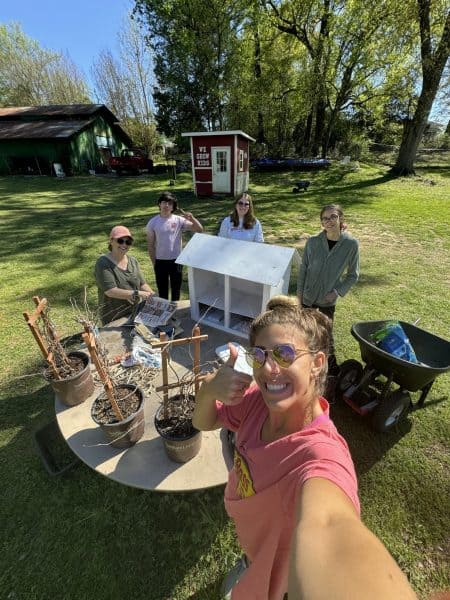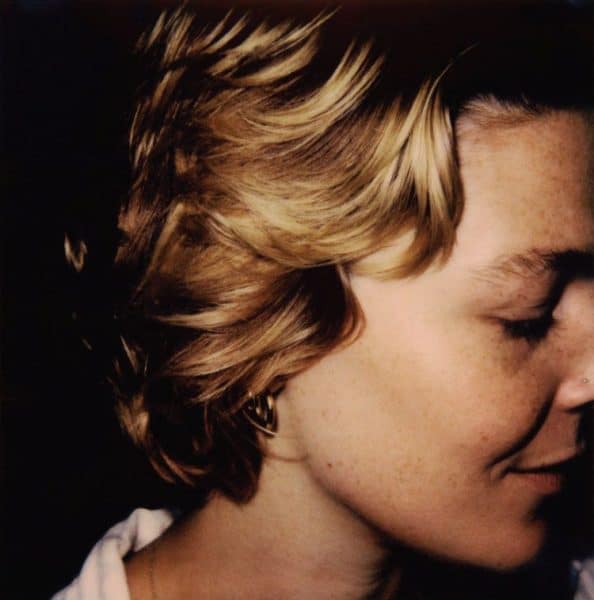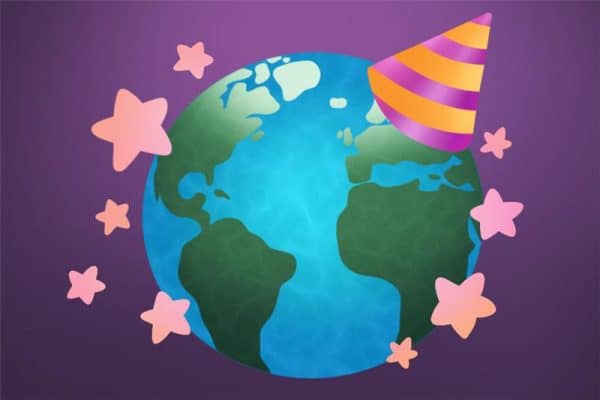A review in quotes: Sally Rooney is the literary voice of our generation
February 6, 2022
“Normal People,” a show about two young people from the Irish coast that follows Marianne and Connell as they navigate college, class, friendship and romance, premiered on Hulu in summer 2020
“Normal People” was a massive success. The Emmy-nominated show, produced in collaboration with the BBC, garnered nearly 63 million viewers in 2020. Before the show came the novel of the same name, which debuted as No. 3 on The New York Times Best Sellers list in 2019.
The book was Irish author Sally Rooney’s second novel, following “Conversations with Friends” in 2017, which is also set to premiere as a Hulu show in 2022.
Rooney’s three novels — “Conversations with Friends,” “Normal People” and “Beautiful World, Where Are You” — have won her countless accolades, including the Sunday Times Young Writer of the Year award, the Irish Book Awards Novel of the Year and the Costa Novel Award.
Despite all of the material connections to Rooney’s quick rise in popularity, there’s something deeper at play: her uniquely profound understanding of humanity and society.
Rooney, a self-proclaimed Marxist, highlights the everyday flaws and imperfections of her characters in a world that’s slowly falling apart under capitalism, the climate crisis and other complex political predicaments. Her novels take place in an Ireland still recovering from the 2008 economic collapse, with Palestinian independence, the Dublin housing crisis and Irish nationalism looming in the background.
Many feel that this dread is justified. In a society and economy consumed by class and wealth, it can be challenging to find one’s way.
“Things and people moved around me, taking positions in obscure hierarchies, participating in systems I didn’t know about and never would. A complex network of objects and concepts. You live through certain things before you understand them. You can’t always take the analytical position.”
— Sally Rooney, “Conversations with Friends”
In turn, life can feel like it’s resulted in an endless cycle of suffering, a social samsara with no ending in sight. She raises the question, Is it easier to imagine the end of the world than it is to imagine the death of capitalism? And if so, how do we combat this?
“I realised my life would be full of mundane physical suffering, and that there was nothing special about it. Suffering wouldn’t make me special, and pretending not to suffer wouldn’t make me special. Talking about it, or even writing about it, would not transform the suffering into something useful.”
— Sally Rooney, “Conversations with Friends”
Her own philosophical musings are accompanied by a form of literary fiction that is rising in popularity, birthing what some have called the “Marxist novel.” Rooney’s novels are packed with important social commentary on class inequalities, the intersections of privilege and activism, health care access, the stigma of the working class seeking mental health help, and the commodification of art.
“It was culture as class performance, literature fetishised for its ability to take educated people on false emotional journeys, so that they might afterwards feel superior to the uneducated people whose emotional journeys they liked to read about.”
— Sally Rooney, “Normal People”
Intricately layered on top of this is perhaps Rooney’s strongest asset: her three-dimensional characters. Her characters are imperfect, some even purposefully unlikable. They say the wrong things at the wrong time. Sometimes they don’t say anything at all. It’s frustrating, but that’s the entire point. Rooney’s literature doesn’t coddle the reader; rather it presents things how they really are, flawed and uncomfortable.
A central theme in her novels is relationships, both romantic and platonic. The dynamics between Marianne and Connell, Frances and Bobbi, Alice and Eileen, and Simon and Felix blur the line between fictional characters, your partners, your best friends and the stranger next to you at the gas pump.
“At times I think of human relationships as something soft like sand or water, and by pouring them into particular vessels we give them shape.”
— Sally Rooney, “Beautiful World, Where Are You”
Despite the world unraveling before our eyes, Rooney offers readers something precious to hold on to: each other.
The sacred connection that humans have with one another is enough to push us forward. It gives us hope and the ability to see a better and more beautiful world.
As college students, and more importantly young people, we are frequently accompanied by fear, anxiety and doubt. What’s the point of this? Why am I here? Maybe it matters, and maybe it doesn’t. Who cares? As long as we have each other, shouldn’t everything be alright?
“What if the meaning of life on earth is not eternal progress toward some unspecified goal — the engineering and production of more and more powerful technologies, the development of more and more complex and abstruse cultural forms? What if these things just rise and recede naturally, like tides, while the meaning of life remains the same always — just to live and be with other people?
— Sally Rooney, “Beautiful World, Where Are You”
Questions? Email the Culture desk at [email protected]











